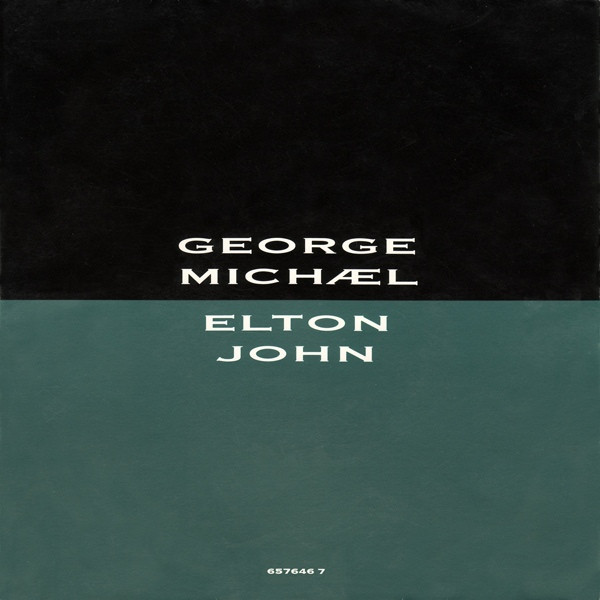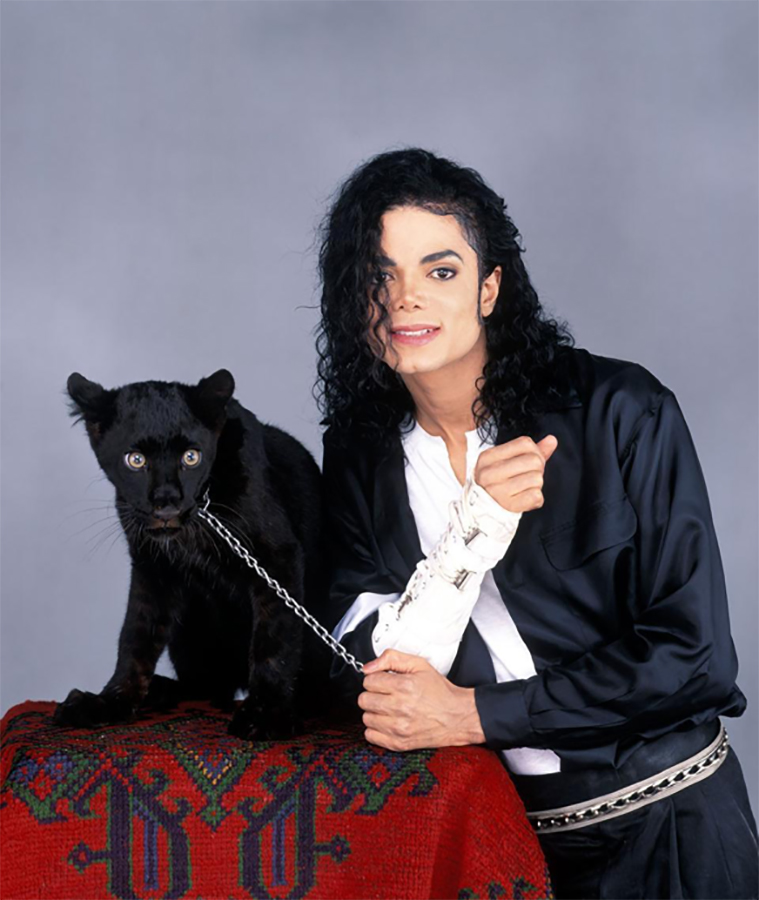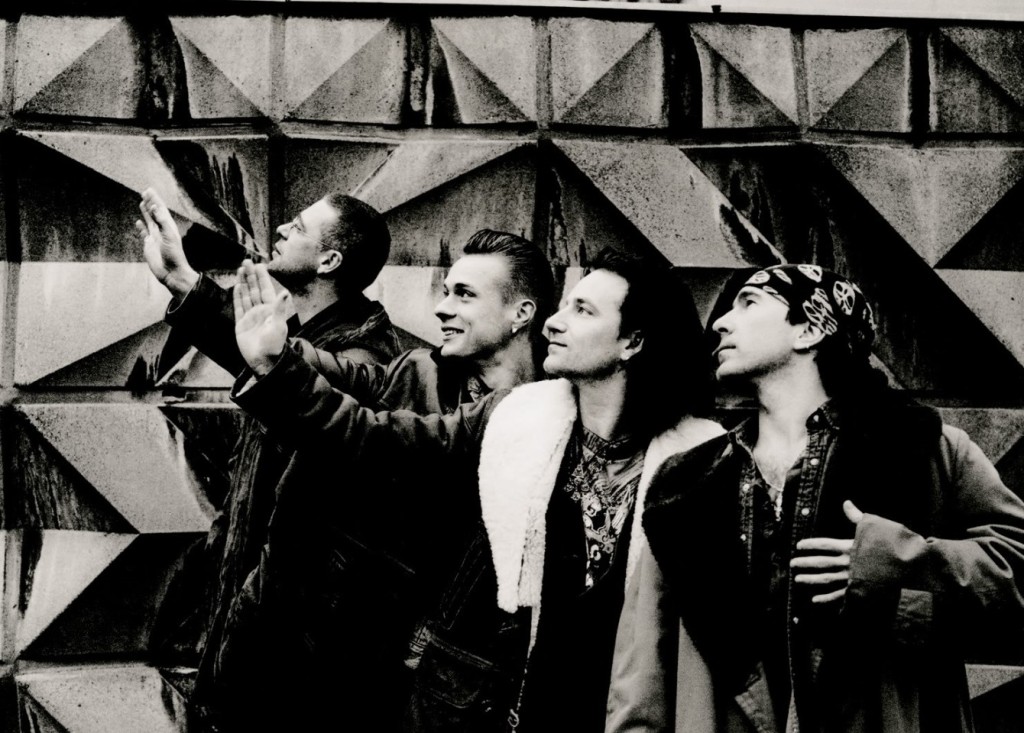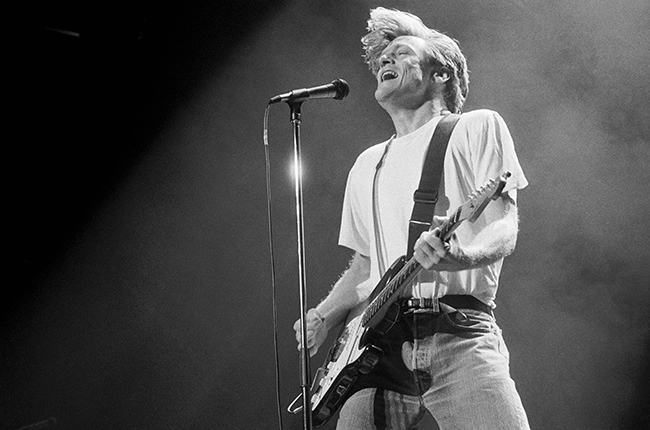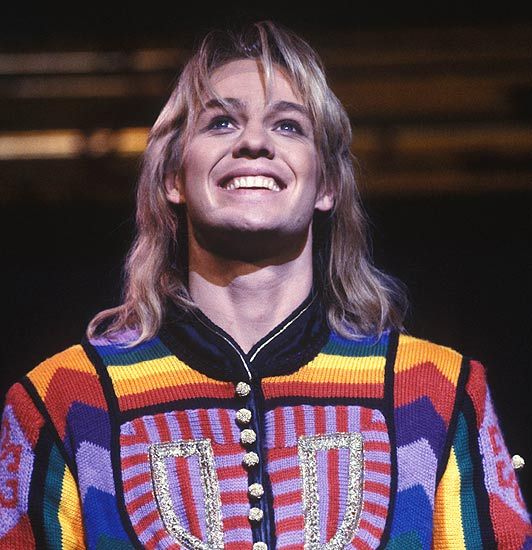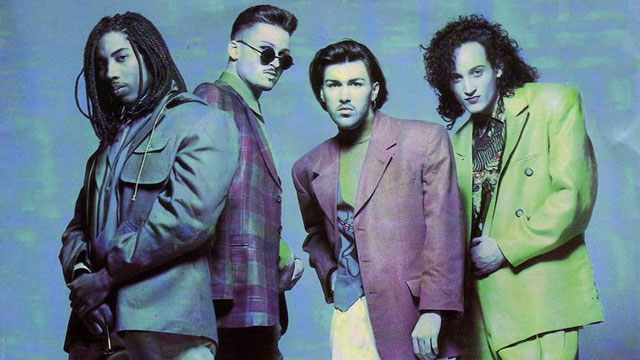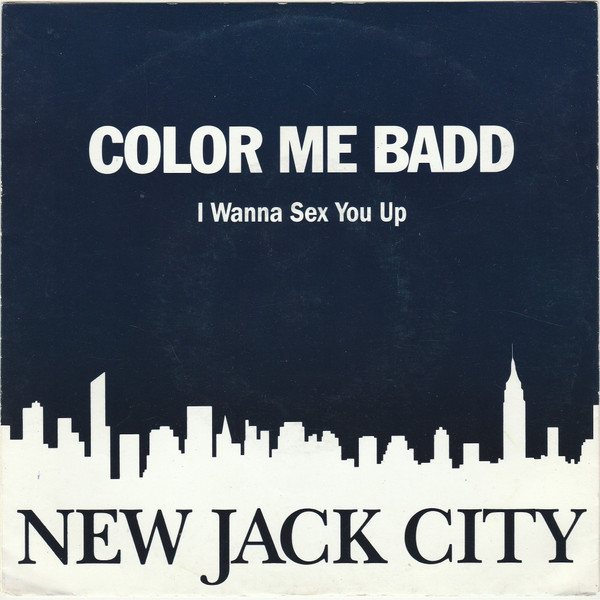To recap, then…
For the twenty-third time, no less. This recap spans well over two years, from March 1991 to June 1993, which I think – without going back through all the previous twenty-two – might be a record. At least since the mid-fifties, when songs having double-digit runs at the top of the charts was the norm.
And the reason why we’ve taken so long to cover the last thirty #1s? It would be tempting to lay the blame at the feet of Bryan Adams, for his still record-holding sixteen-week consecutive run with ‘(Everything I Do) I Do It for You’, and Whitney Houston for her ten-week stint with ‘I Will Always Love You’. But we’ve also had an eight-weeker from Shakespear’s Sister, a six-weeker from Snap!, and six separate five-weekers. In a previous post, I went into some of the reasons behind this: a decline in vinyl sales not yet being covered by growing CD sales, resulting in sluggish charts. Give it a few years though, and all this will be behind us, with sales at an all-time high.
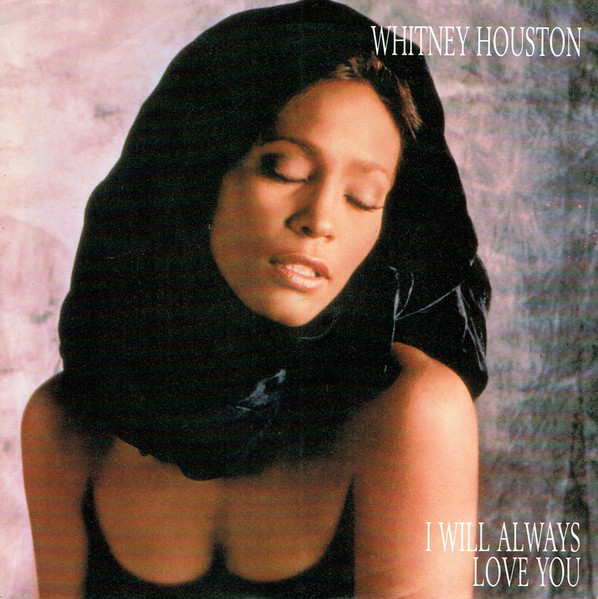

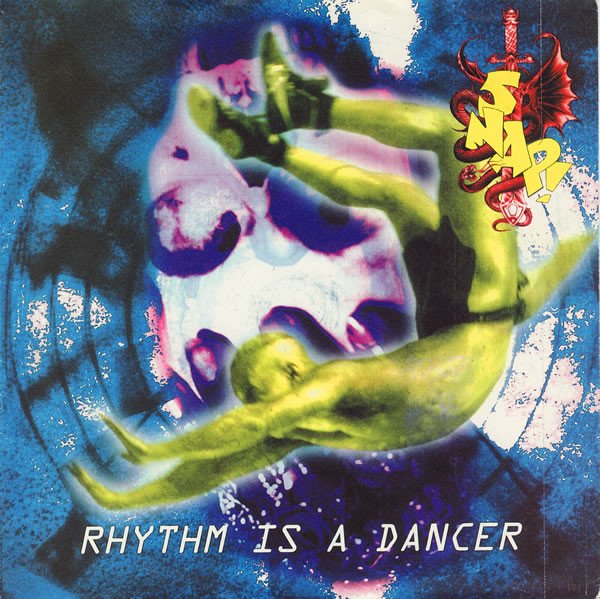
It might also have had something to do with the lack of a dominant ‘sound’ in the early nineties. Sales tend to peak with hot new genres – Merseybeat, glam, disco, new wave – and trough during the years in between. We’re currently between the house, dance and SAW of the late ‘80s and the Britpop years, and this is best indicated by the likes of Adams and Houston’s monster hits. Both were from blockbuster movies, and they were far from the only two. In fact, if we had to pick a dominant genre from the early ‘90s, it would be the movie soundtrack hit.
I count seven movie soundtrack #1s in this period, spanning all manner of genres: Chesney Hawkes (pop-rock), Cher (retro pop), Color Me Bad (boyband R&B), Adams and Houston (power ballads), Shaggy (reggae), and UB40 (reggae-lite), plus a bit of musical theatre from Jason Donovan. Some have been good, some have been okay, some I would happily never hear again.
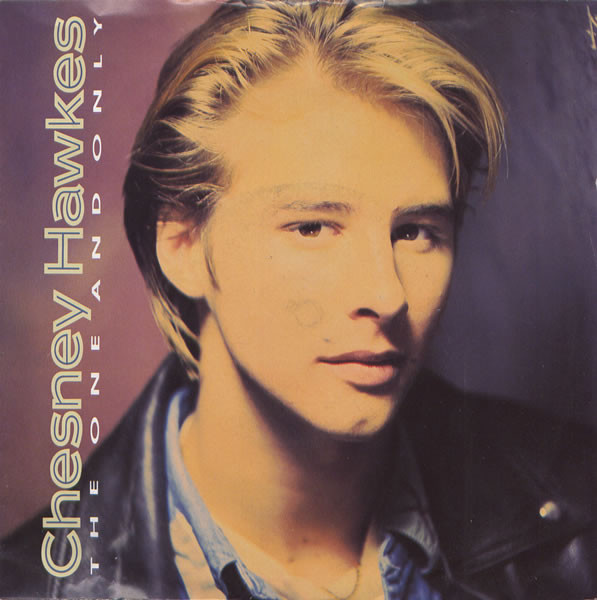
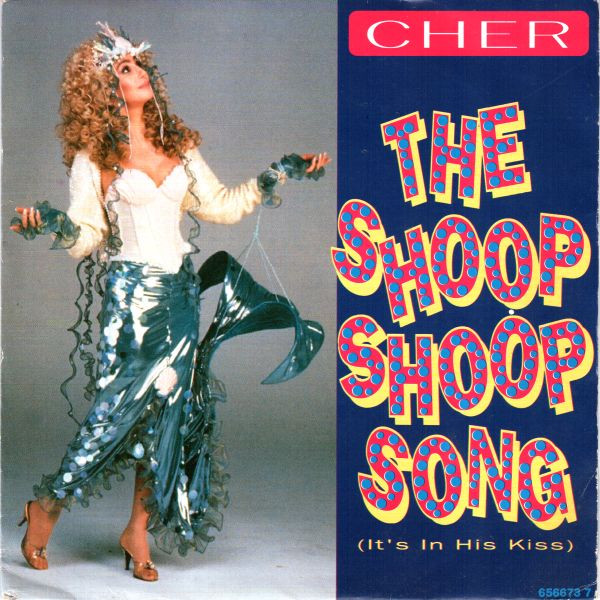
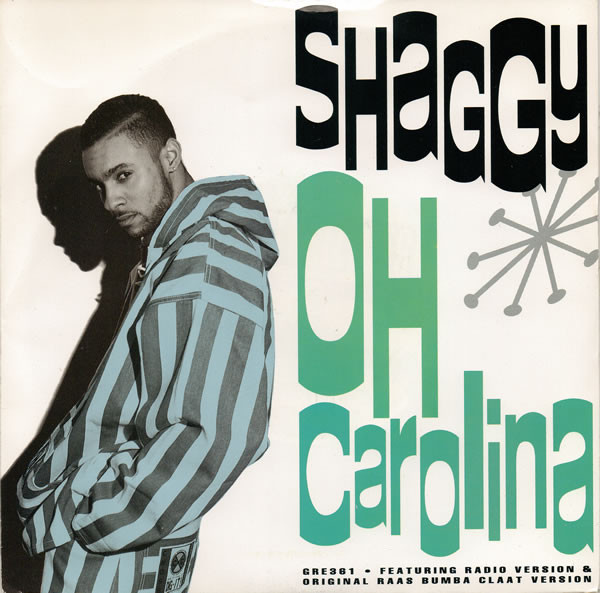
If we had a runner-up in the ‘sounds of the early nineties’ category, then it would have to be the random re-release. They’ve been popping up since Jackie Wilson scored 1986’s Christmas number one, and they’ve usually – though not always – been TV advert tie-ins. The most recent two gave us a couple of pretty unique chart-toppers: The Clash’s ‘Should I Stay or Should I Go’, and The Bluebells’ ‘Young at Heart’, thanks to Levi’s and VW respectively. But these, sadly, mark the end of the re-release phenomenon (for now…)
Before hitting the awards portion of this post, let’s go through some of the other stories from the past thirty chart-toppers. And it’s starting to feel like the ‘nineties’ as I remember it, with dance music continuing to shapeshift from its sample-heavy origins, into streamlined pop smashes like ‘Rhythm Is a Dancer’, and techno bangers such as ‘No Limit’ (not to mention the soon to be everywhere, half-hearted dance remakes of oldies a la KWS). There’s also been a whiff of Britpop in the unlikely shape of Vic Reeves and The Wonder Stuff.
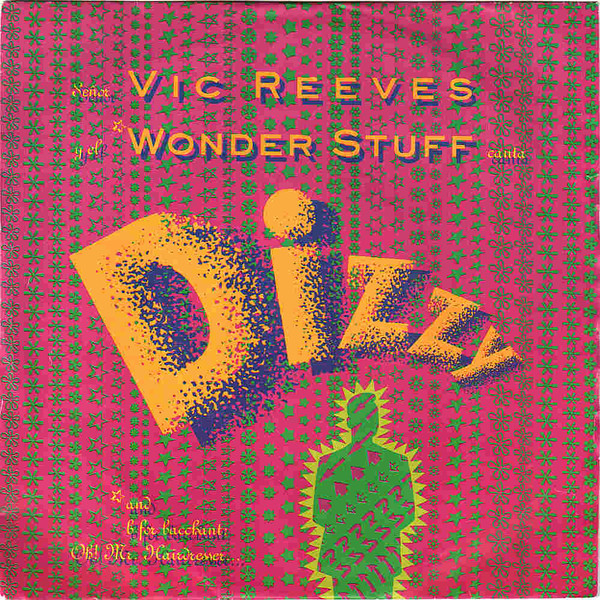

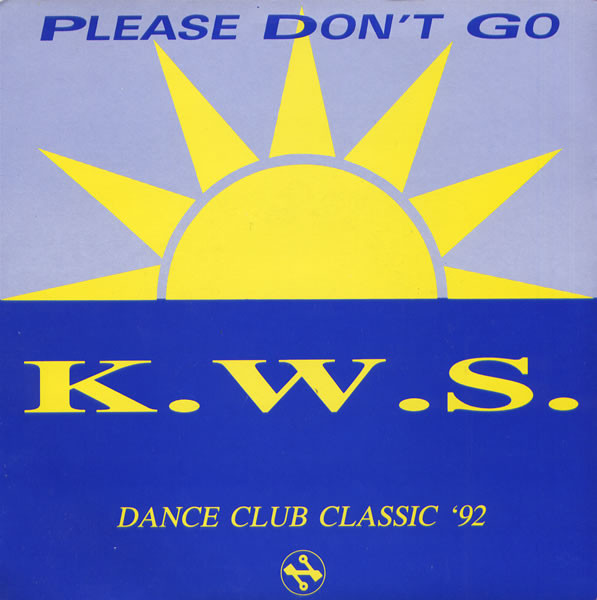
We’ve bid farewell to Freddie Mercury, twice; with the posthumous ‘These Are the Days of Our Lives’ (paired with ‘Bohemian Rhapsody’) in the wake of his death, and the ‘Five Live E.P.’ on which Queen performed a live version of that hit, and of ‘Somebody to Love’, with Lisa Stansfield and George Michael. The other two tracks on that EP were Michael solo tracks which, along with his earlier live duet with Elton John on ‘Don’t Let the Sun Go Down on Me’, have helped confirm him as the biggest British solo star of the era.
We’ve also started to ride the crest of another reggae wave. (In fact, the three #1s from Shaggy, Ace of Base and UB40 towards the end of this thirty set the charts up nicely for probably their most prolonged run of reggae hits.) Elsewhere, Michael Jackson premiered the biggest music video ever, in his usual understated way, and the evergreen Cher set a record for the longest gap between number one singles. Plus, we can’t finish without mentioning Erasure, who scored a chart-topper after years of trying, and kickstarted the modern ABBA-nnaisance.


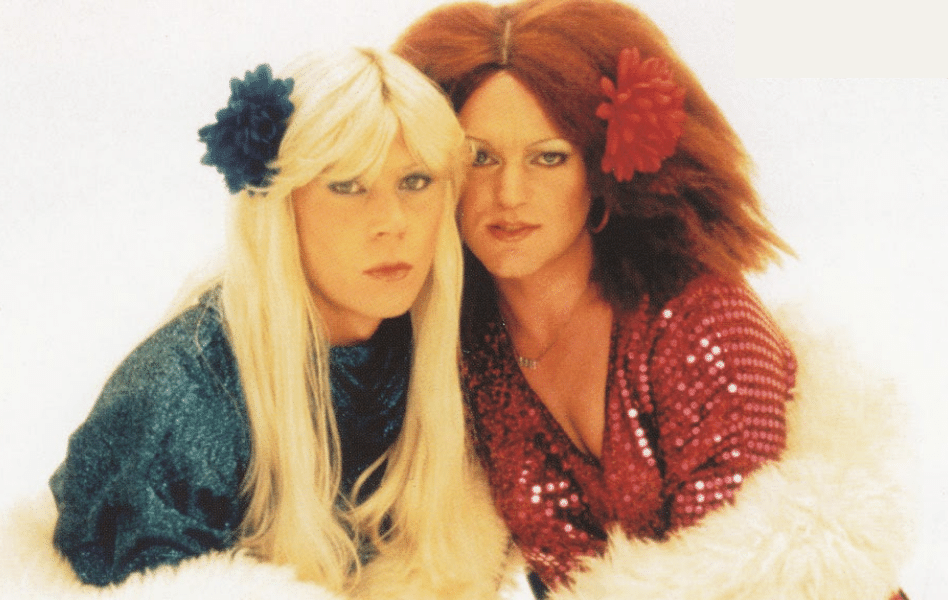
To the awards then. Starting, as is traditional, with the The ‘Meh’ Award for bland forgettability. I briefly considered Jason Donovan’s ‘Any Dream Will Do’, but that soundtrack was the first CD I ever owned, and residual fondness prevents me. There was also UB40’s pedestrian cover of ‘Can’t Help Falling in Love’, but I’ve already awarded them a ‘Meh’ award, and to do so twice would be cruel. So we’re left with Wet Wet Wet’s ‘Goodnight Girl’, which does have a good chorus, Tasmin Archer’s ‘Sleeping Satellite’, with a vocal performance which doesn’t really deserve such an award, and KWS’s bland dance double ‘Please Don’t Go’ / ‘Game Boy’. The KC & the Sunshine Band cover was dull, and the hardcore ‘Game Boy’ was ear-catching for a minute before it become repetitive. They win.
We don’t have quite as rich a set of pickings for The WTAF Award for being interesting if nothing else as we did in the last recap, but it’s still a strong field. You could give it to ‘Stay’, for the video alone. Or Right Said Fred for their jaunty, non-‘Sexy’, ‘Deeply Dippy’. Or maybe Hale and Pace’s char-com danceathon ‘The Stonk’ (though I perhaps have bigger things planned for that record…) No, I’m giving this WTAF award to The Shamen, for bringing rave culture and quality innuendo to the top of the charts, with the leering, gurning ‘Ebeneezer Goode’.
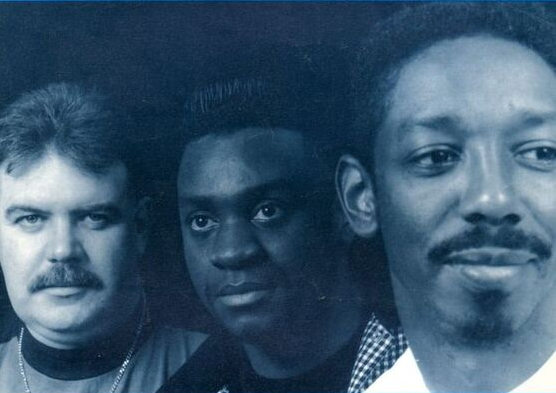
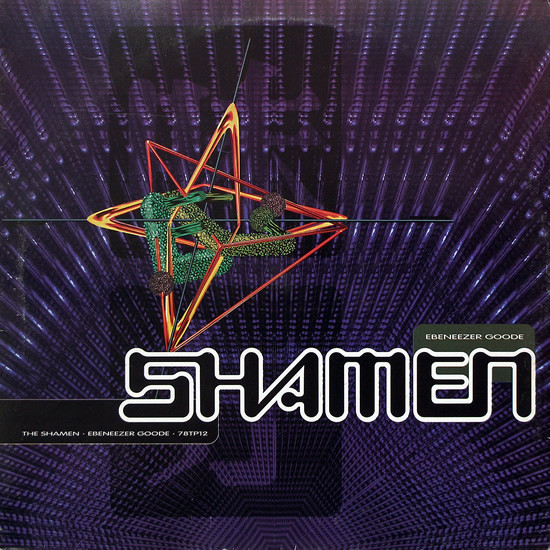
Where to go with this recap’s Very Worst Chart-Topper award, then. Do we give it to Color Me Badd and their lame attempts to woo us with ‘I Wanna Sex You Up’? Or do we give it to ‘The Stonk’ – a ‘comedy’ record so aggressively unfunny that it was almost sad…? Do we give it to either of the gruesome twosome who clogged the top of the charts up for over half a year between them…? To be honest, yes, let’s. I just can’t get past the elephant in the room – a record that stayed at #1 so long it started to stink like a beached whale-carcass, ticking every bad power-balled cliché on the list. Bryan Adams wins.
Finally, of course, the 23rd Very Best Chart-Topper award. I’ve been pleasantly surprised by the general quality of our recent number ones, but I’m struggling to pick an all-time classic. I’m tempted to give it to 2 Unlimited, for their very-1993 techno banger. It’s big, it’s dumb, it’s a whole lot of fun. But I couldn’t live with myself if I did, not really. Instead, I’m awarding it to Charles & Eddie, for the least nineties-sounding song of the entire thirty. It’s a slice of timeless soul, the quality of which surprised me when I listened to it for the first time in years. Check it out again below, if you haven’t. Unlike the two chaps in question, I wouldn’t lie to you…
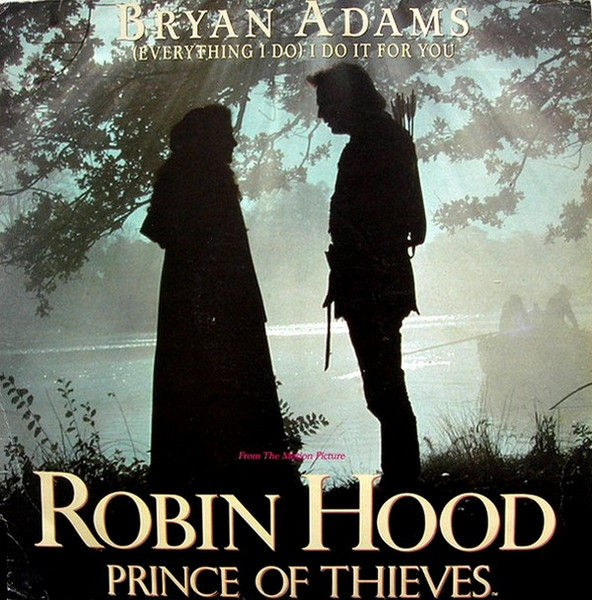
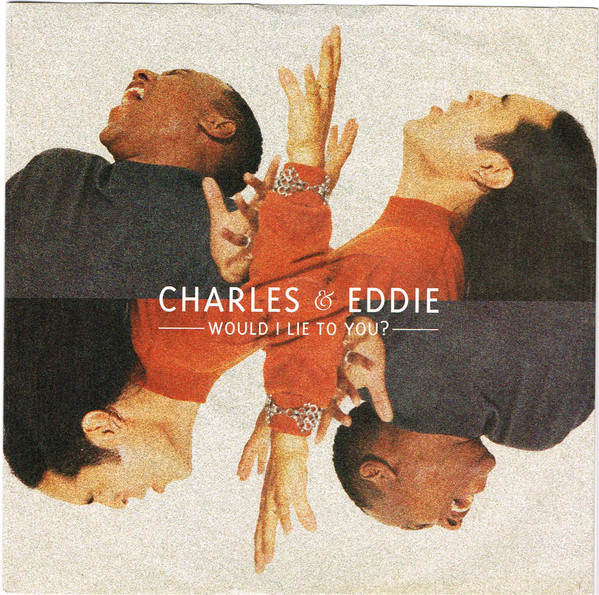
Let’s recap the recaps:
The ‘Meh’ Award for Forgettability
- ‘Hold My Hand’, by Don Cornell.
- ‘It’s Almost Tomorrow’, by The Dream Weavers.
- ‘On the Street Where You Live’, by Vic Damone.
- ‘Why’, by Anthony Newley.
- ‘The Next Time’ / ‘Bachelor Boy’, by Cliff Richard & The Shadows.
- ‘Juliet’, by The Four Pennies.
- ‘The Carnival Is Over’, by The Seekers.
- ‘Silence Is Golden’, by The Tremeloes.
- ‘I Pretend’, by Des O’Connor.
- ‘Woodstock’, by Matthews’ Southern Comfort.
- ‘How Can I Be Sure’, by David Cassidy.
- ‘Annie’s Song’, by John Denver.
- ‘I Only Have Eyes For You’, by Art Garfunkel.
- ‘I Don’t Want to Talk About It’ / ‘The First Cut Is the Deepest’, by Rod Stewart.
- ‘Three Times a Lady’, by The Commodores.
- ‘What’s Another Year’, by Johnny Logan.
- ‘A Little Peace’, by Nicole.
- ‘Every Breath You Take’, by The Police.
- ‘I Got You Babe’, by UB40 with Chrissie Hynde.
- ‘Who’s That Girl’, by Madonna.
- ‘A Groovy Kind of Love’, by Phil Collins.
- ‘Do They Know It’s Christmas?’, by Band Aid II.
- ‘Please Don’t Go’ / ‘Game Boy’, by KWS.
The WTAF Award for being interesting if nothing else
- ‘I See the Moon’, by The Stargazers.
- ‘Lay Down Your Arms’, by Anne Shelton.
- ‘Hoots Mon’, by Lord Rockingham’s XI.
- ‘You’re Driving Me Crazy’, by The Temperance Seven.
- ‘Nut Rocker’, by B. Bumble & The Stingers.
- ‘You’ll Never Walk Alone’, by Gerry & The Pacemakers.
- ‘Little Red Rooster’, by The Rolling Stones.
- ‘Puppet on a String’, by Sandie Shaw.
- ‘Fire’, by The Crazy World of Arthur Brown.
- ‘In the Year 2525 (Exordium and Terminus)’, by Zager & Evans.
- ‘Amazing Grace’, The Pipes & Drums & Military Band of the Royal Scots Dragoon Guard.
- ‘Kung Fu Fighting’, by Carl Douglas.
- ‘If’, by Telly Savalas.
- ‘Wuthering Heights’, by Kate Bush.
- ‘Hit Me With Your Rhythm Stick’, by Ian Dury & The Blockheads.
- ‘Shaddap You Face’, by Joe Dolce Music Theatre.
- ‘It’s My Party’, by Dave Stewart & Barbara Gaskin.
- ‘Save Your Love’ by Renée & Renato.
- ‘Rock Me Amadeus’, by Falco.
- ‘Pump Up the Volume’ / ‘Anitina (The First Time I See She Dance)’, by M/A/R/R/S.
- ‘Doctorin’ the Tardis’, by The Timelords.
- ‘Sadeness Part 1’, by Enigma.
- ‘Ebeneezer Goode’, by The Shamen.
The Very Worst Chart-Toppers
- ‘Cara Mia’, by David Whitfield with Mantovani & His Orchestra.
- ‘The Man From Laramie’, by Jimmy Young.
- ‘Roulette’, by Russ Conway.
- ‘Wooden Heart’, by Elvis Presley.
- ‘Lovesick Blues’, by Frank Ifield.
- ‘Diane’, by The Bachelors.
- ‘The Minute You’re Gone’, by Cliff Richard.
- ‘Release Me’, by Engelbert Humperdinck.
- ‘Lily the Pink’, by The Scaffold.
- ‘All Kinds of Everything’, by Dana.
- ‘The Twelfth of Never’, by Donny Osmond.
- ‘The Streak’, by Ray Stevens.
- ‘No Charge’, by J. J. Barrie
- ‘Don’t Give Up On Us’, by David Soul
- ‘One Day at a Time’, by Lena Martell.
- ‘There’s No One Quite Like Grandma’, by St. Winifred’s School Choir.
- ‘I’ve Never Been to Me’, by Charlene.
- ‘Hello’, by Lionel Richie.
- ‘I Want to Know What Love Is’, by Foreigner.
- ‘Star Trekkin’’, by The Firm.
- ‘Nothing’s Gonna Change My Love for You’, by Glenn Medeiros.
- ‘Let’s Party’, by Jive Bunny & The Mastermixers.
- ‘(Everything I Do) I Do It for You’, by Bryan Adams.
The Very Best Chart-Toppers
- ‘Such a Night’, by Johnnie Ray.
- ‘Cherry Pink and Apple Blossom White’, by Perez ‘Prez’ Prado & His Orchestra.
- ‘Great Balls of Fire’, by Jerry Lee Lewis.
- ‘Cathy’s Clown’, by The Everly Brothers.
- ‘Telstar’, by The Tornadoes.
- ‘She Loves You’ by The Beatles.
- ‘(I Can’t Get No) Satisfaction’, by The Rolling Stones.
- ‘A Whiter Shade of Pale’, by Procol Harum.
- ‘I Heard It Through the Grapevine’, by Marvin Gaye.
- ‘Baby Jump’, by Mungo Jerry.
- ‘Metal Guru’, by T. Rex.
- ‘Tiger Feet’, by Mud.
- ‘Space Oddity’, by David Bowie.
- ‘I Feel Love’, by Donna Summer.
- ‘Heart of Glass’, by Blondie.
- ‘The Winner Takes It All’, by ABBA.
- ‘My Camera Never Lies’, by Bucks Fizz.
- ‘Relax’ by Frankie Goes to Hollywood.
- ‘You Spin Me Round (Like a Record)’, by Dead or Alive
- ‘Stand by Me’, by Ben E. King (Honorary Award)
- ‘It’s a Sin’, by Pet Shop Boys.
- ‘Theme from S-Express’, by S’Express.
- ‘Nothing Compares 2 U’, by Sinéad O’Connor.
- ‘Would I Lie to You?’, by Charles & Eddie


